Like HP with Ferrari, Google Takes Over Every Corner of McLaren
-
Summary and Tips IN
1.Strategic Alliance: The collaboration between Google and McLaren integrates advanced technology to optimize team performance.
2. Technological Innovations: The use of Android 15 devices, Google Chrome, and artificial intelligence capabilities are crucial for success in racing.
3. Impact on Performance: Examples like the record pit stop of 1.8 seconds highlight the effectiveness of technology on the track.
-
IG: @infonegociosmiami
Tips for Readers:
-
Always keep your tech devices updated to maximize your performance, whether in daily life or sports activities.
-
Learn about artificial intelligence and how it can be applied in various areas of your professional life.
-
Observe how technological innovations are influencing the sectors you are interested in.
The Alliance between Google and McLaren
A Link That Goes Beyond Design
The collaboration between Google and McLaren is grounded in the constant pursuit of excellence. By combining the aesthetics of the iconic chrome design with cutting-edge technology, McLaren has made a bold move that not only honors its legacy but also paves the way for the future.
Since its inception, this alliance has enabled the British team to incorporate Android devices and the Chrome browser into its daily operations. This not only enhances efficiency but also provides a constant flow of critical information during races. For instance, during the Qatar Grand Prix, the team achieved a record pit stop time thanks to rapid communication and data analysis through connected devices.
Real-Time Innovation
The implementation of artificial intelligence (AI) has been a game changer. Thanks to Google Cloud, McLaren can process vast amounts of data in real-time, enabling them to make strategic decisions on the fly. This analytical capability is not limited to car performance; it also encompasses interpreting radio data between the team and drivers, ensuring smooth and effective communication. AI also plays a role in optimizing resources and operational processes. From data management to pattern analysis, these tools allow McLaren to quickly adapt to the changing conditions of each race.
The Technology of Google in Formula 1
Devices That Make a Difference
Google's presence in F1 is not limited to logos on cars. This year, the collaboration has expanded to include a broader range of Google Pixel devices, enhancing the team's connectivity and analytical capabilities. These devices allow for real-time data collection and processing, which is crucial for a quick response to any eventuality on the track. Google’s technology is also utilized in post-race analysis, where data is examined to identify areas for improvement and develop strategies for future competitions. This capacity for continuous learning is what sets McLaren and its competitors apart in the demanding world of F1.
AI as a Strategic Ally
The use of artificial intelligence in motorsport is not just a trend; it’s a necessity. Google’s ability to process and analyze data at high speed allows McLaren to adjust its strategy in real-time, which can make the difference between victory and defeat. For example, during qualifying sessions, AI can predict the car’s behavior under different track conditions, enabling the team to make precise adjustments before the race begins.
Impact on the Future of F1
-
A New Era of Competitiveness
The collaboration between Google and McLaren is not only transforming the way races are run but also setting a new standard for the industry. As more teams begin to adopt similar technologies, F1 will see an increase in competitiveness, potentially leading to even more exciting and challenging races.
-
Attracting New Audiences: Technology Realized, Co-Branding, and Cross-MKT.
This innovative approach also has the potential to attract a more diverse and tech-savvy audience. The inclusion of advanced tools and connected devices will resonate with younger generations, who seek interactive experiences and a deeper connection with sporting events. By integrating technology at the heart of competition, McLaren and Google are creating a narrative that goes beyond speed, focusing on the science and innovation that drive each race. Moreover, Google’s presence in F1 could inspire new startups and tech companies to invest in the sport, creating an ecosystem that fosters continuous innovation. F1 could become a testing ground for new technologies, from navigation systems to sustainability solutions, benefiting both teams and audiences.
Conclusions
-
The collaboration between Google and McLaren represents a fascinating interaction between sport and technology. The integration of advanced devices and artificial intelligence not only optimizes performance on the track but also redefines how we understand and experience Formula 1.
-
This approach could not only elevate McLaren to new heights in terms of competitiveness but also set a precedent for the future of motorsport.
-
As the season progresses, fans can expect to see how these innovations impact upcoming races. The lingering question is: are we ready for a future where technology and speed unite in ways we have never imagined?
Frequently Asked Questions (FAQs)
What is the significance of the collaboration between Google and McLaren?
The collaboration allows McLaren to utilize cutting-edge technology that optimizes their performance on the track and improves operational efficiency, which can make the difference between winning or losing in a highly competitive sport like F1.
What specific technologies is McLaren using?
McLaren is using Android devices, Google Chrome, and artificial intelligence technologies through Google Cloud to analyze data in real time and enhance decision-making during races.
How does this affect the viewer experience?
The integration of advanced technology can enrich the viewer experience, allowing for greater interactivity and access to real-time data, making the races more exciting and engaging.
Which other F1 teams are using similar technology?
Several teams are exploring the integration of advanced technologies, but McLaren and Google are at the forefront of this trend, setting a standard that others may follow.
What can we expect in the future of F1 with these innovations?
With the growing influence of technology, we can anticipate not only more exciting and competitive races but also a greater focus on sustainability and interactivity, transforming the overall experience of Formula 1.
-
Infonegocios RED: 4.5 million Anglophone Latinos reading business news daily.
- Sign Up for Free: Register and receive our newsletter by simply leaving your email and name here.
-
Contacts: [email protected] or [email protected]
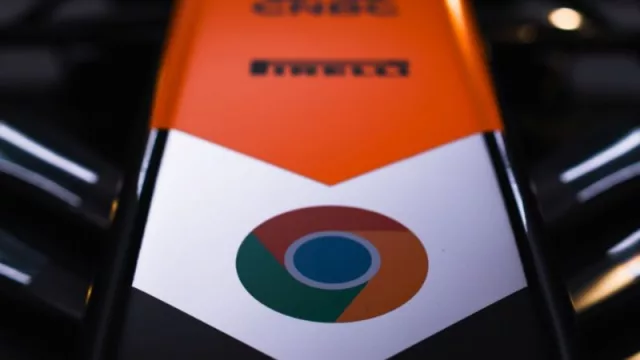
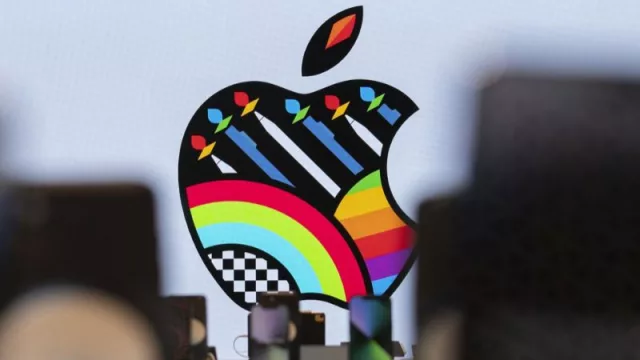


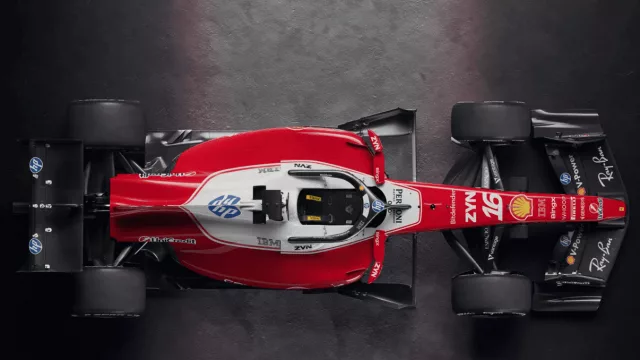

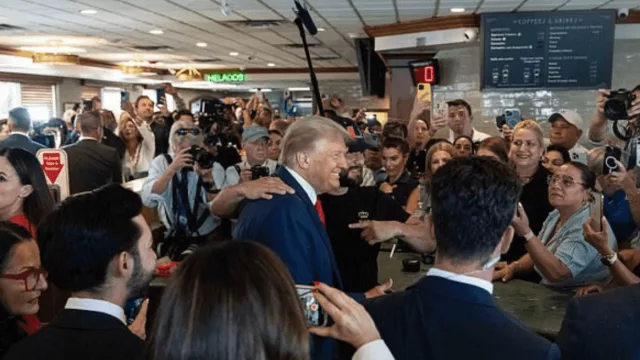
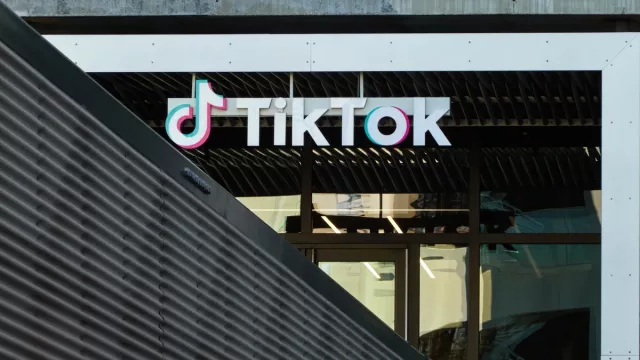




Tu opinión enriquece este artículo: